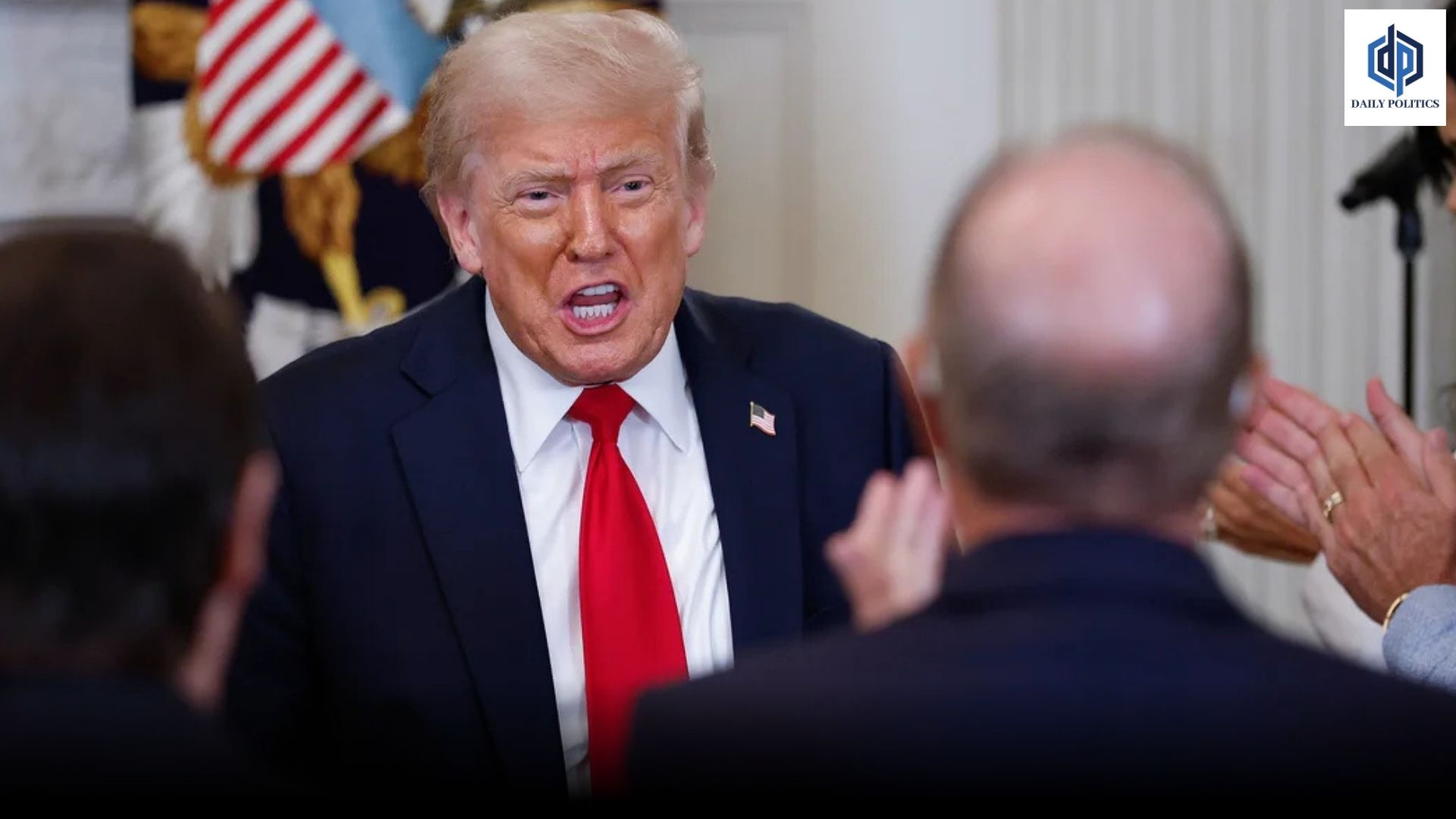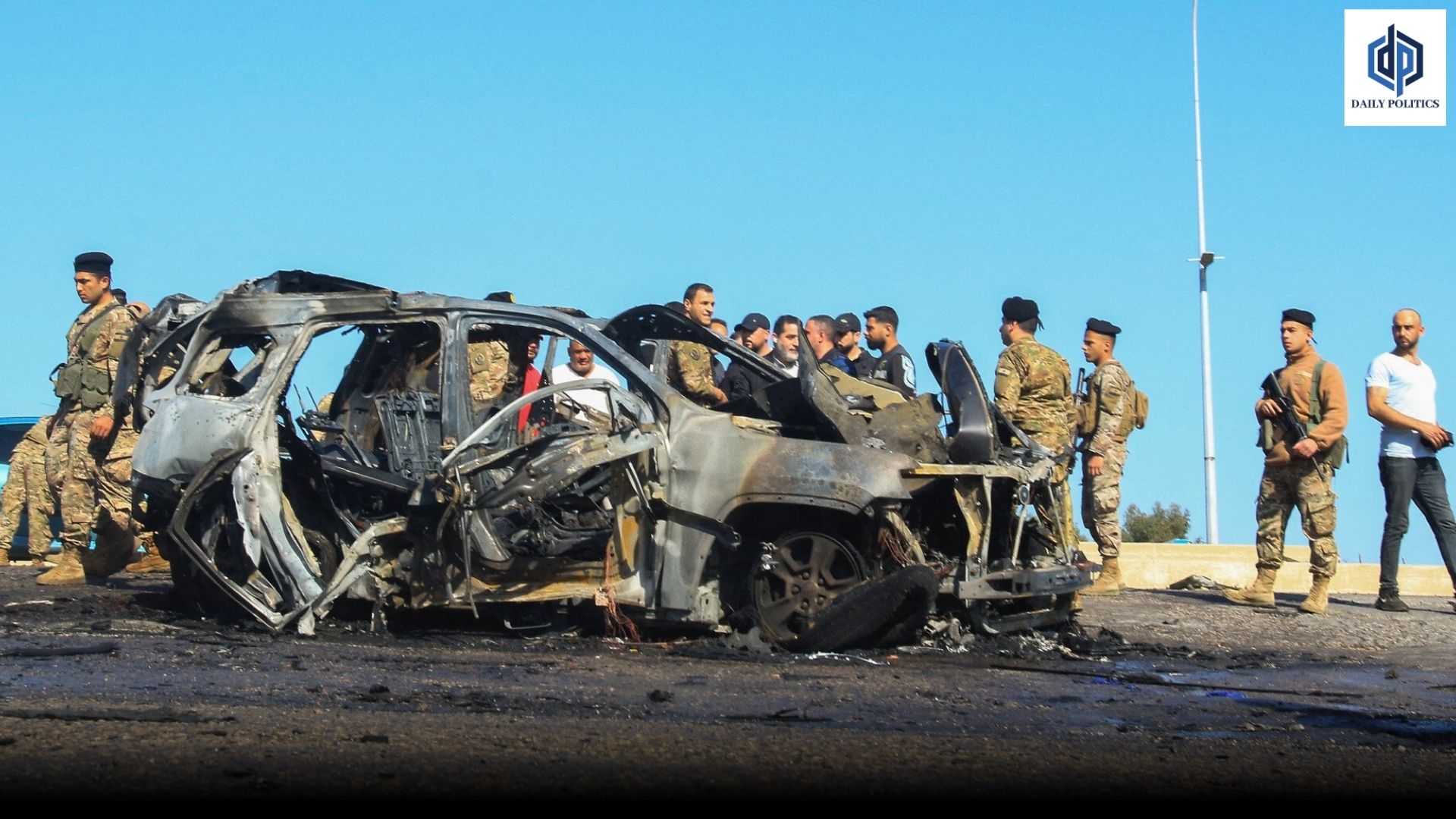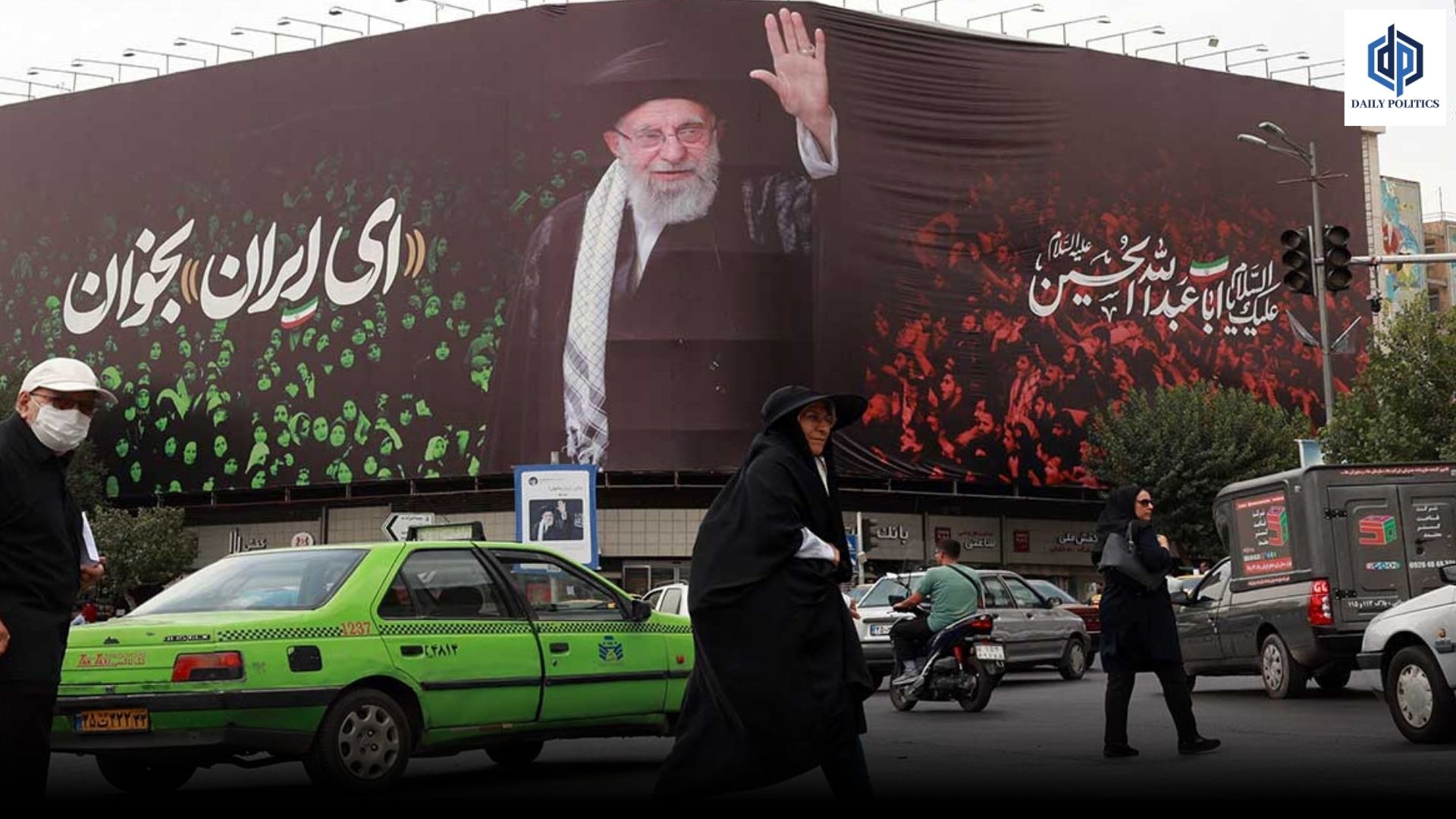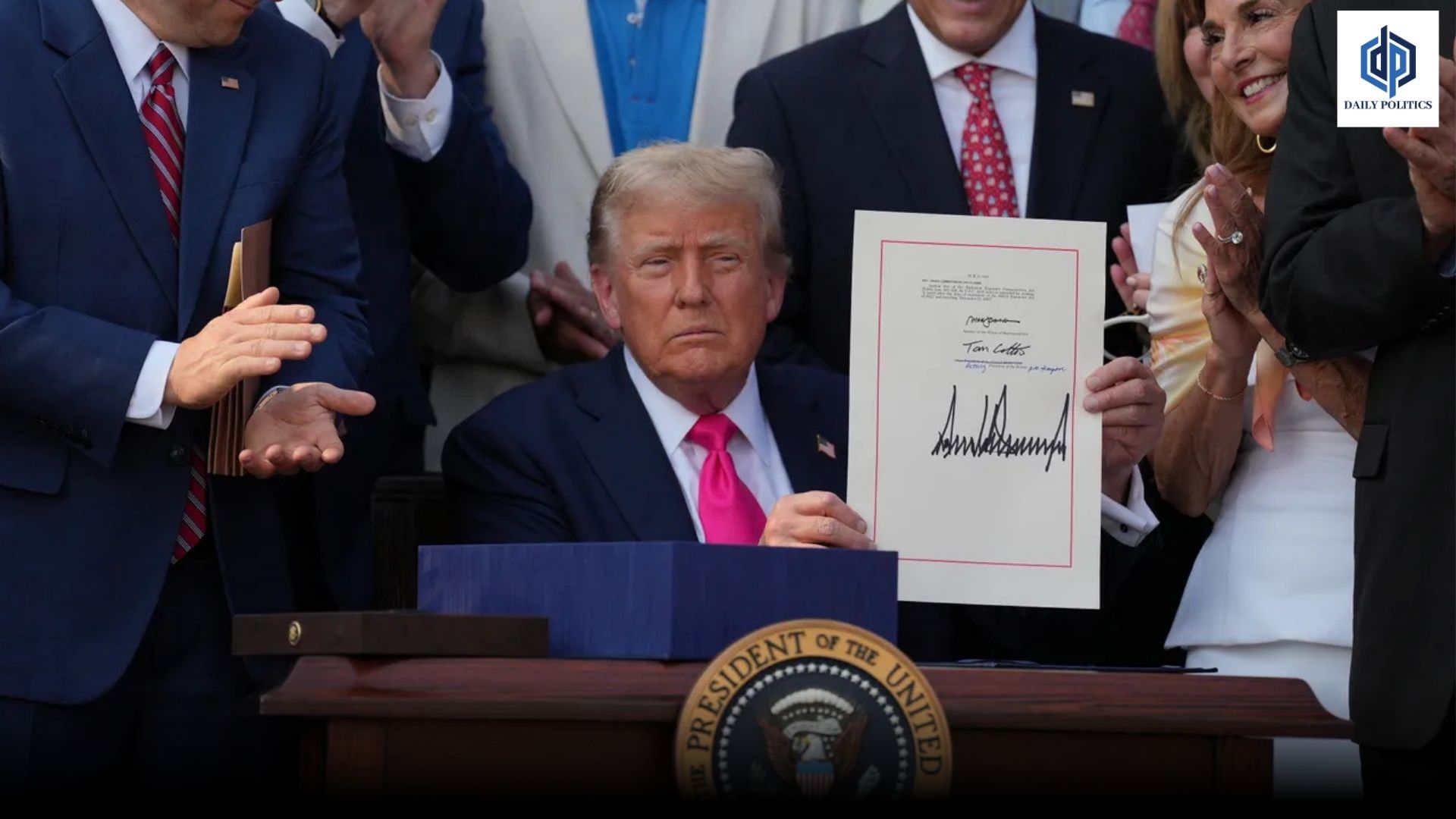The ongoing political turmoil in Pakistan is not just a matter of concern, but a pressing issue that demands immediate attention due to the significant economic losses it has incurred.
Pakistan’s economy has been dealt a staggering blow, with an approximate daily loss of Rs 190 billion due to road closures and shutdowns initiated by opposition protests, marking a substantial setback.
These recent lockdowns and demonstrations have resulted in a marked decline in tax collection, while disrupted business operations have significantly compromised exports.
Furthermore, the protests have necessitated increased security expenditures to maintain order.
A report from the Ministry of Finance indicates that the ongoing demonstrations are leading to considerable economic repercussions, with an estimated daily loss of Rs 144 billion to the gross domestic product (GDP).
Additional findings reveal that the strikes have caused a notable decline in exports, resulting in a daily financial loss of Rs 26 billion.
Foreign direct investment has also suffered, with a daily loss of Rs 3 billion. In contrast, losses borne by provincial economies in the industrial sector exceed Rs 20 billion, according to Federal Finance Minister Muhammad Aurangzeb.
The stability of the political environment is crucial for effective governance. It plays an essential role in national progress and prosperity.
Political instability presents numerous challenges that hinder the effective functioning of government operations and detrimentally affect all sectors of society.
Pakistan’s political history serves as a prime example of this issue. Chaos and unrest have become commonplace, eroding the country’s socio-political fabric and undermining the integrity of national institutions.
The escalating threat of political divisions has intensified, fostering animosity among rival factions.
Successive administrations have repeatedly exploited institutions and government departments for political gain, compromising the governing framework’s credibility and functionality.
The consequences of prevailing instability extend beyond politics, permeating the economy and society—Pakistan’s economy, which has long struggled to achieve sustainability, needs investments.
The unstable political environment in Pakistan undermines investor confidence, a critical determinant of economic growth. This underscores the urgent need for stability to create a secure and predictable environment for economic development.
Creating a business-friendly ecosystem in Pakistan is not just a goal, but a necessity that requires a unified and cohesive approach from all stakeholders, aligning their efforts toward common objectives.
However, the chronic volatility of the political landscape has consistently thwarted these initiatives. Stability, the bedrock of development, remains elusive as protests frequently obstruct progress.
In recent decades, Pakistan has experienced an upsurge in protests, many of which have escalated into violence. Political factions motivated by specific interests often mobilize their supporters to organize demonstrations that paralyze the nation.
The strategy prioritizes visual impact over substantive dialogue, interrupting daily activities and imposing considerable economic costs.
In response to these disruptions, governments frequently implement roadblocks, severing critical connectivity and enforcing restrictions. Yet, these measures often exacerbate the situation rather than provide relief, significantly disrupting business operations and essential supply chains and thereby creating widespread repercussions throughout the nation.
The recent protests led by Pakistan Tehreek-i-Insaf (PTI) exemplify this destructive cycle. With their leader incarcerated on corruption and other charges, PTI supporters have continually converged on the capital, applying mob pressure for his release.
The apparent disregard for legal and judicial processes, which form the foundation of a civilized society, is both alarming and regrettable.
The party’s actions have undermined the delicate balance of the political and economic systems rather than respecting established institutional mechanisms.
What began as confrontational engagements with law enforcement have escalated into violent clashes, transforming Islamabad into a conflict zone. Such occurrences erode the rule of law and significantly shake public and investor confidence.
The economic consequences of such turmoil are stark. The Pakistan Stock Exchange, once regarded as one of the leading markets in the region, has experienced a considerable downturn amid ongoing clashes, marking a record one-day loss of 3,505 points.
The significant decline underscores the uncertainty confronting investors in navigating the complex landscape within Pakistan.
Minister Muhammad Aurangzeb’s recent statements emphasize a staggering daily economic loss of Rs 190 billion attributable to road closures and shutdowns, illustrating the profound financial impact of these political disruptions. Such losses stem directly from short-sighted strategies prioritizing political expediency over economic stability.
The repercussions of protest-driven instability are well-documented. The 126-day sit-in organized by PTI in 2014 resulted in significant setbacks for the nation, particularly delaying crucial projects under the China-Pakistan Economic Corridor.












